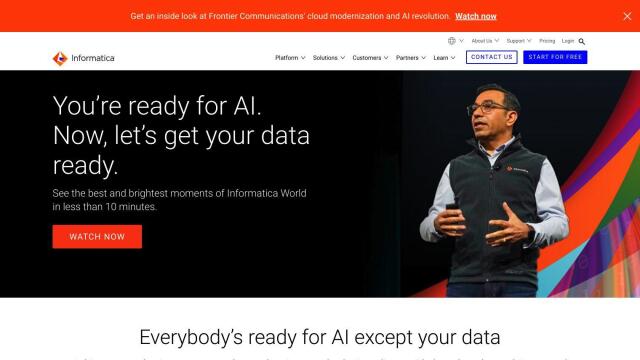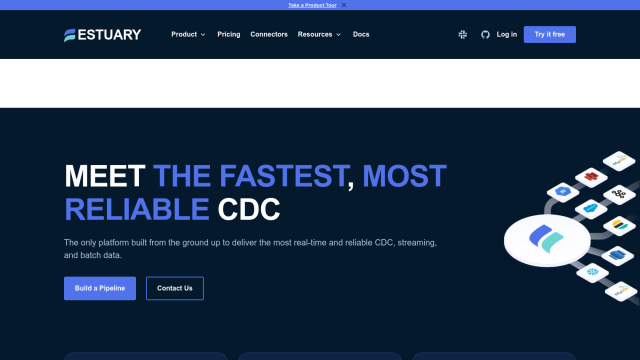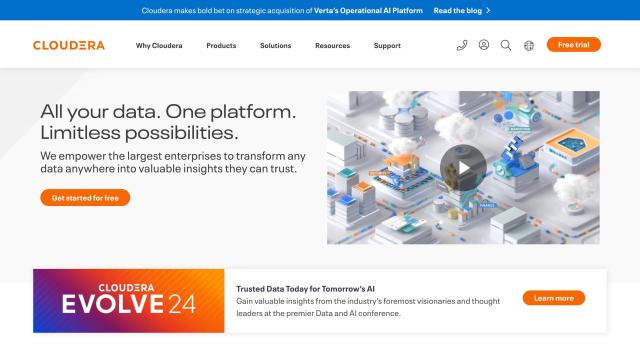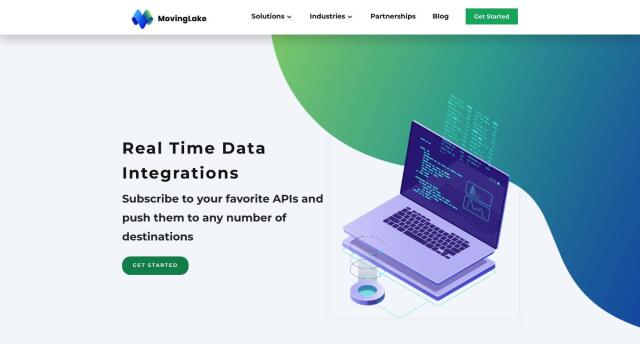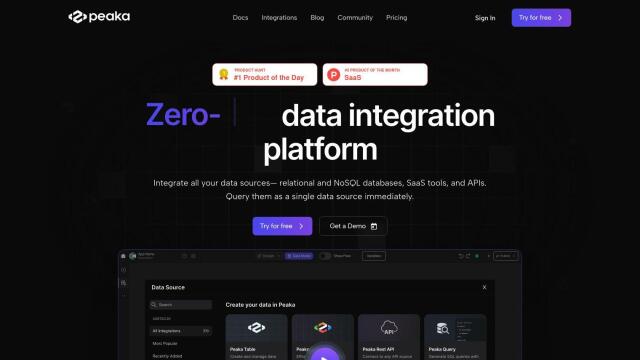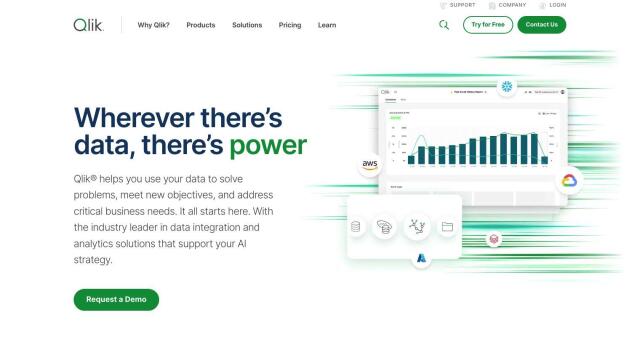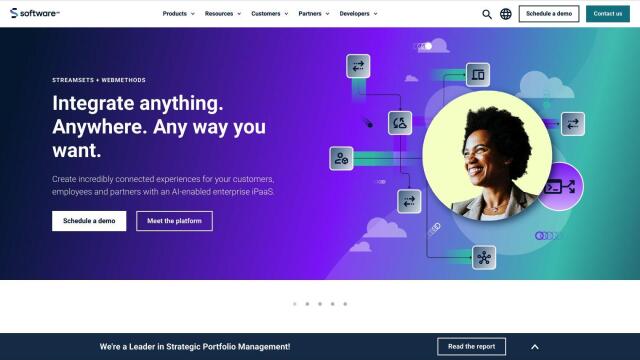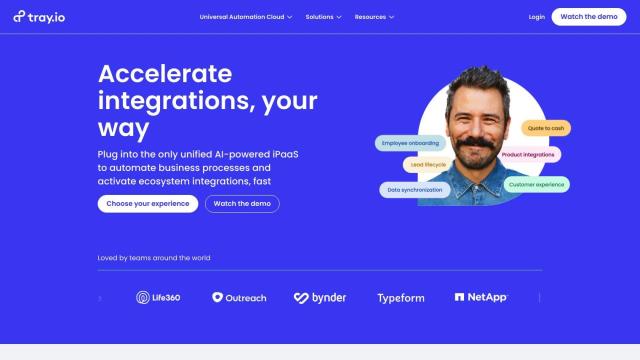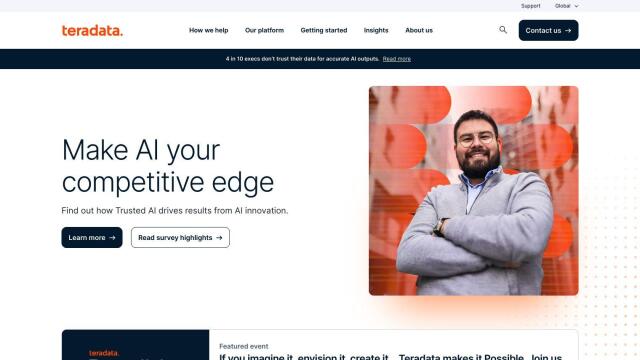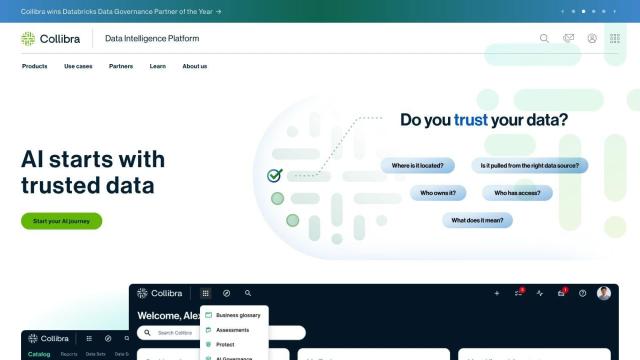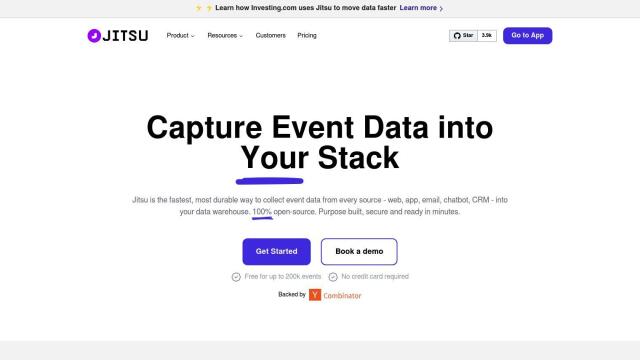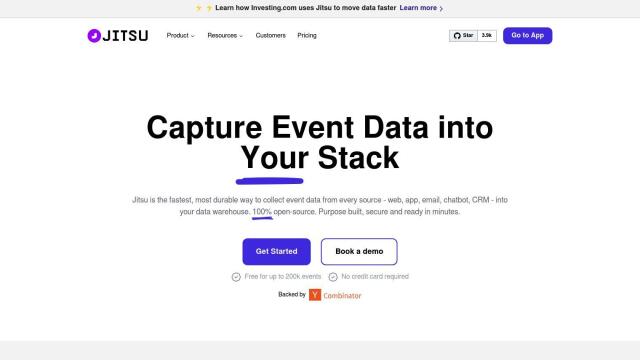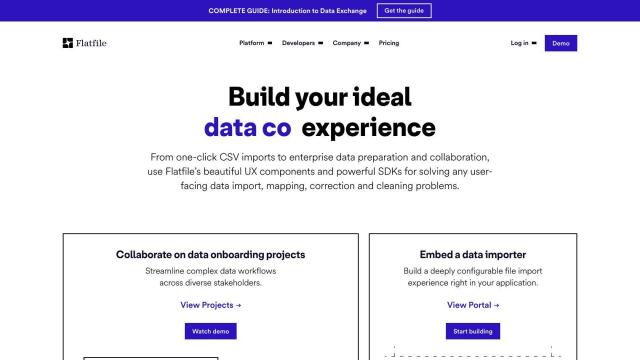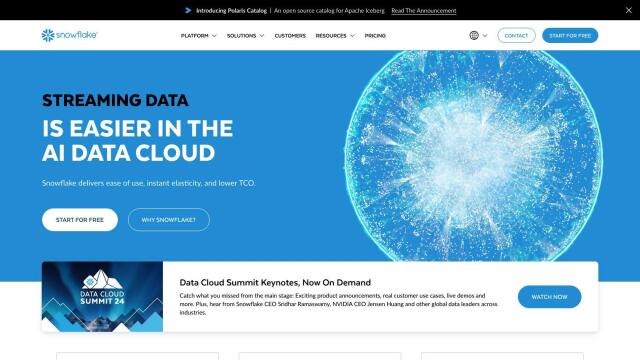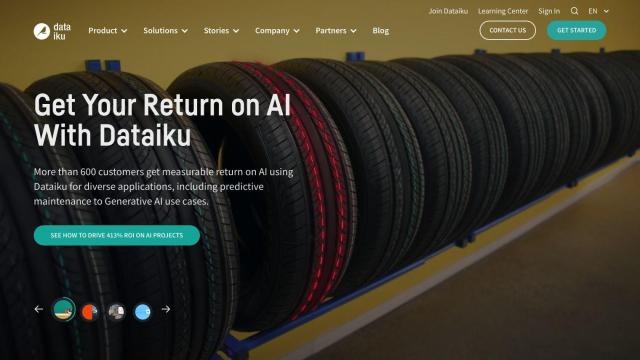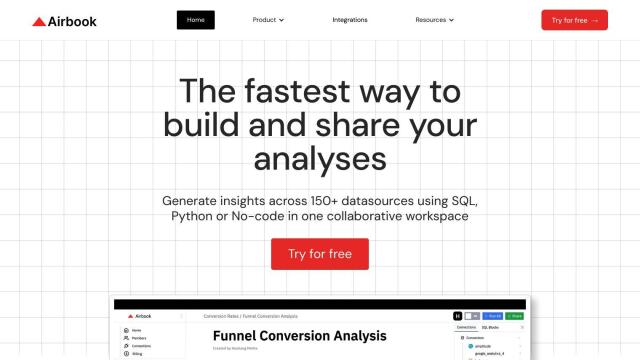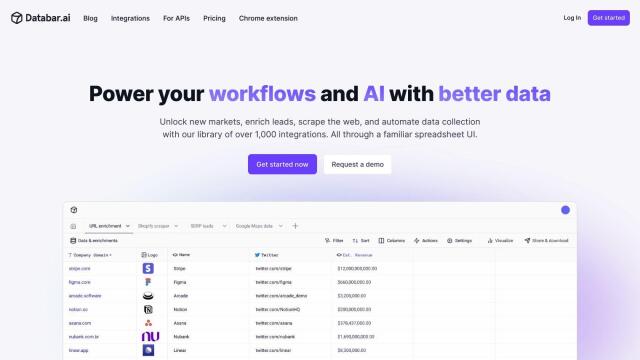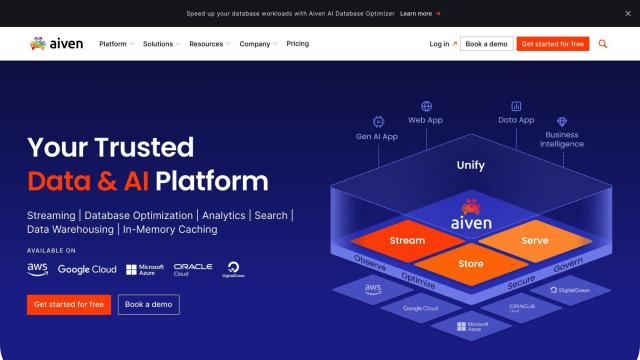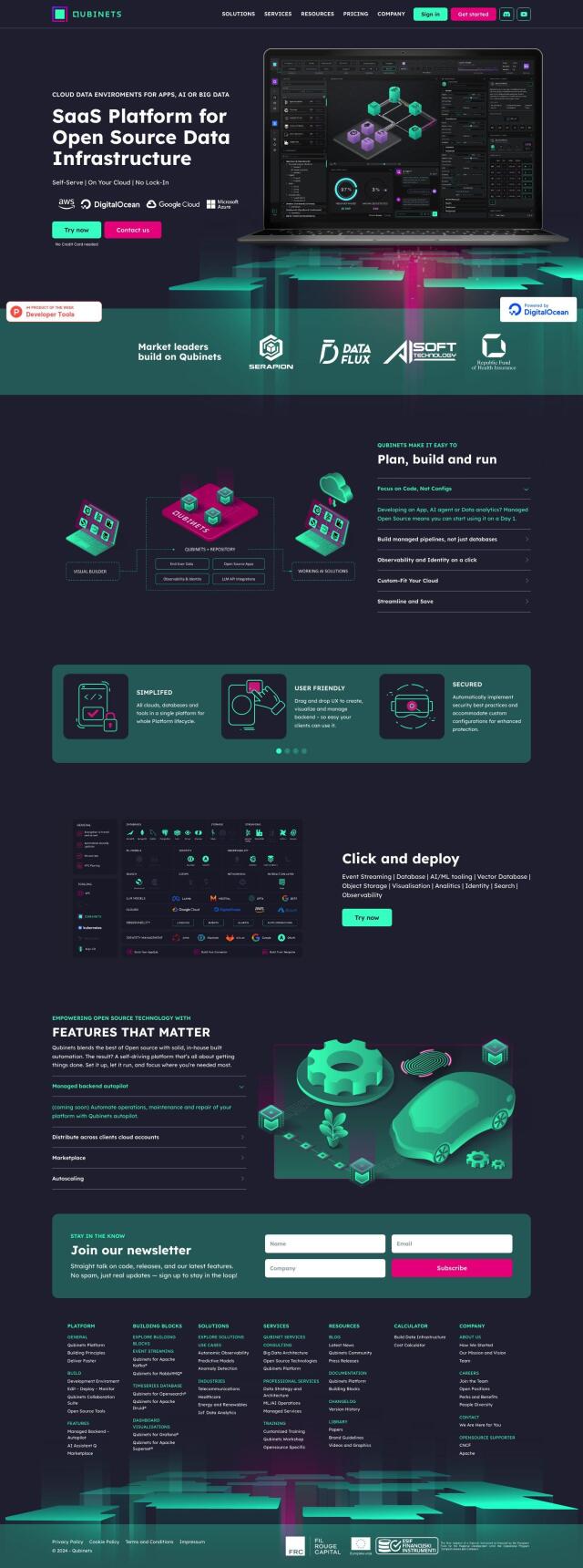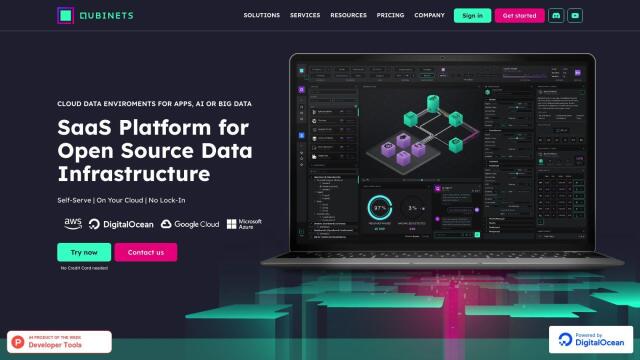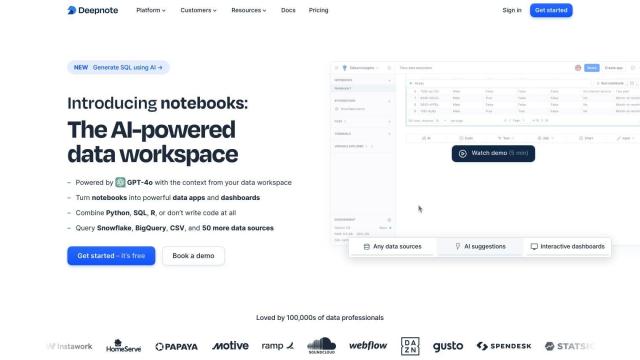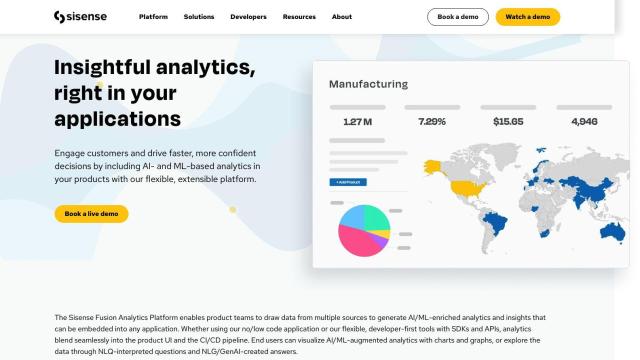Question: I need a data integration platform that can handle a large number of sources and destinations, can you recommend one?
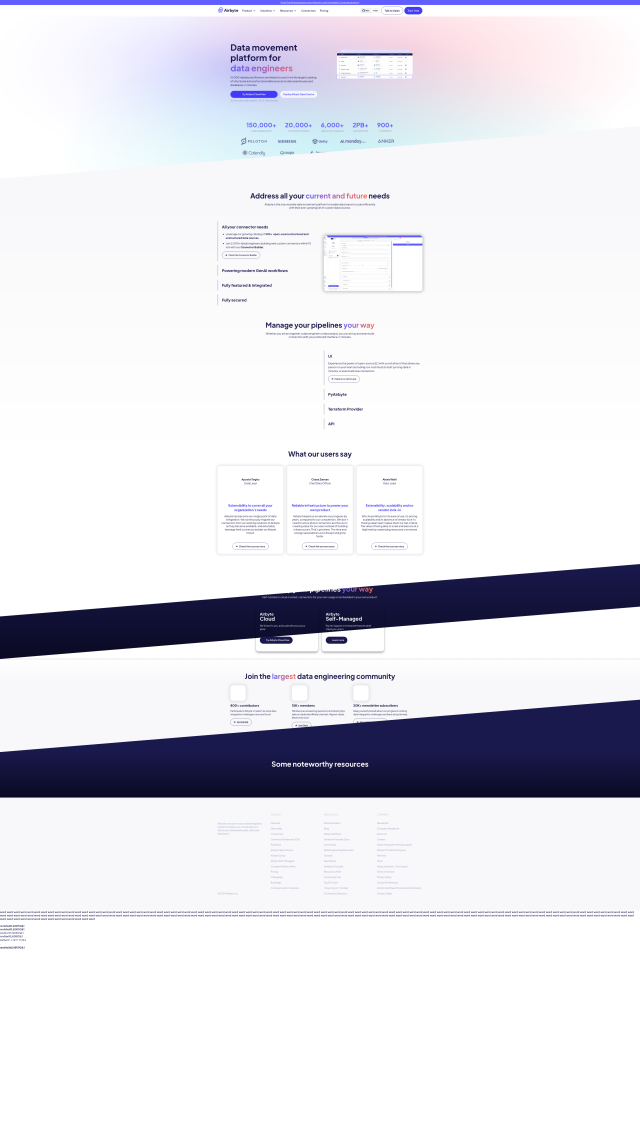
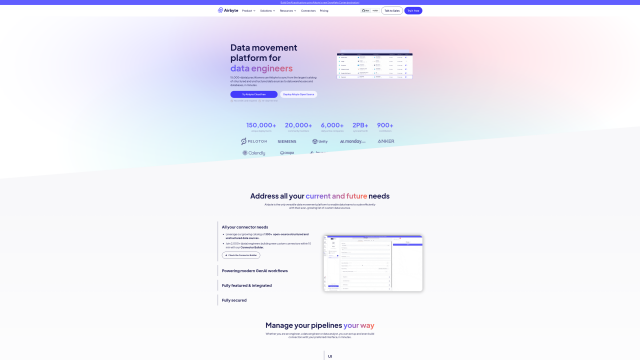
Airbyte
If you're looking for a data integration platform that can connect to a wide variety of sources and destinations, Airbyte is a good option. This open-source software connects to more than 300 sources and supports multiple destinations. It's geared for data engineers, AI engineers and analytics teams. It has features like a Connector Builder for custom connectors, automated schema evolution and strong security. Airbyte also offers flexible deployment options and can be controlled through a user interface, Python library or Terraform provider.

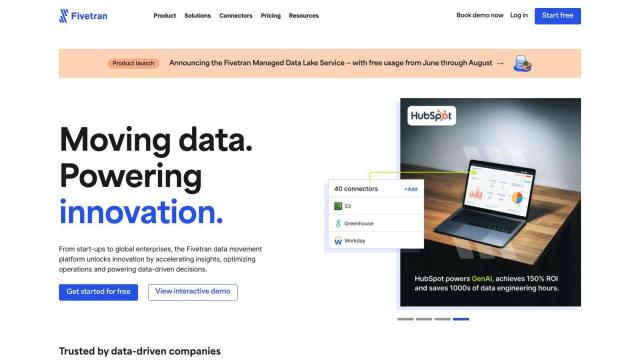
Fivetran
Another good option is Fivetran, which offers data integration from more than 500 sources, including SaaS apps, databases, ERPs and files. It offers automated data integration, real-time analytics and support for major security standards. Fivetran offers deployment options from fully-managed SaaS to self-hosted options, so you can integrate data securely across hybrid environments. The company positions its product as helping to streamline data operations and inform business decisions for companies with complex data needs.

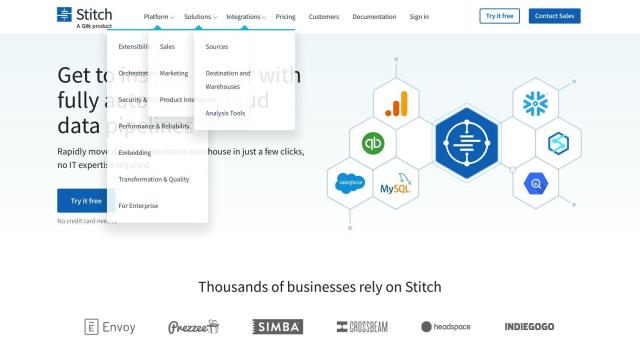
Stitch
If you prefer a cloud-based option, Stitch is a good option. It lets you quickly connect more than 140 sources to a cloud data warehouse for big data analytics without having to write any code. Stitch offers automated cloud data pipelines and enterprise-grade security, so it's good for both data engineers and business analysts. Its pricing tiers range from standard to premium, so you can choose a data integration cost structure that fits your business needs.

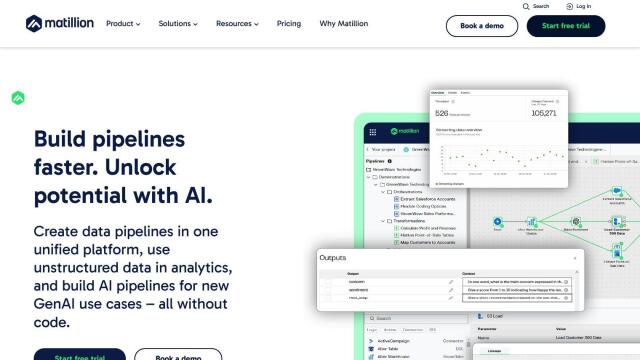
Matillion
Last, Matillion is notable for its no-code ELT abilities and cloud-native design. It supports a broad range of data sources and destinations, and it's got features like AI pipelines, data connectivity and automation. Matillion is good for data teams in many industries, and it offers flexible pricing based on user and environment requirements. Its product can dramatically increase data engineering productivity and get your data integration work done.

